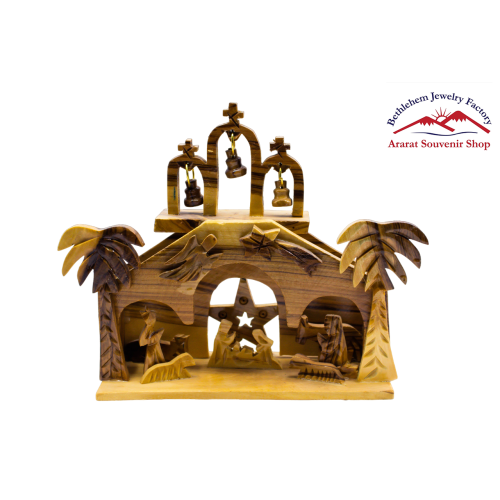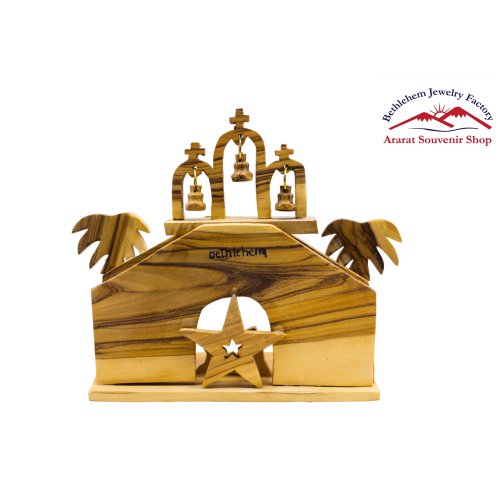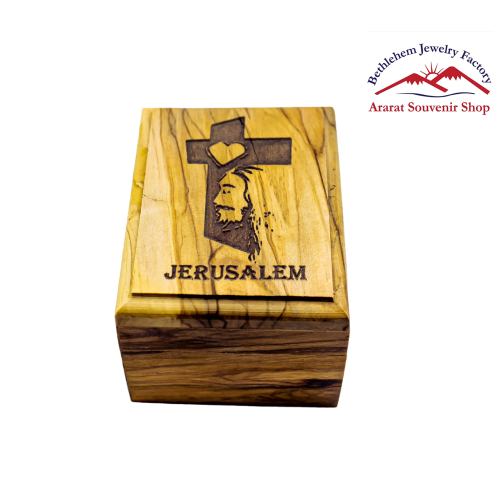Jesus crucified
The image of Jesus hanging on the cross is one of the most powerful and evocative symbols in Christianity. This profound moment in the New Testament captures not only the culmination of Jesus’s earthly ministry but also the essence of His teachings about love, sacrifice, and redemption. The crucifixion, an act of both political and spiritual significance, serves as a reflection on themes of suffering, forgiveness, and the ultimate triumph of love over hatred, while offering believers a profound narrative of hope in the midst of despair.
As Jesus hung on the cross, He endured immense physical suffering, having been mercilessly beaten, mocked, and condemned. The cross itself, a Roman instrument of execution, was a symbol of condemnation and disgrace, designed to inflict both pain and humiliation. Yet, rather than view His crucifixion as the end, Christians believe it was the beginning of a transformative new reality. In this moment of profound agony, John 3:16 resonates deeply, proclaiming that God loved the world so much that He gave His only Son—demonstrating the extent of divine love for humanity and the lengths to which God would go to reconcile a broken world.
The words spoken by Jesus during His crucifixion reveal a deep well of compassion and forgiveness. Among His final statements is the plea, “Father, forgive them, for they do not know what they are doing” (Luke 23:34). In this poignant moment, Jesus exemplifies the core of His teachings—the call to forgive others, regardless of their actions. Instead of cursing those who tortured and mocked Him, He extends grace and mercy. This radical act of forgiveness challenges believers to engage in deep self-reflection, urging them to adopt a posture of forgiveness in their own lives, even towards those who’ve hurt them deeply.
Jesus’s suffering on the cross is also a stark reminder of the human experience of pain and abandonment. In His moment of anguish, He cried out, “My God, my God, why have you forsaken me?” (Matthew 27:46), echoing the words of Psalm 22. This lament encapsulates the overwhelming sorrow and isolation felt in moments of deepest despair. Many Christians find solace in this expression of vulnerability, recognizing that Jesus fully embraced the human condition, experiencing pain, fear, and abandonment. In this way, His suffering provides a unique reassurance that they are not alone in their struggles. It speaks to the understanding that God meets humanity in its suffering, not from a distance but through shared experiences of pain.
The crucifixion also serves as a profound statement about the nature of love. It reveals a love that is not self-serving, a love that actively seeks the well-being of others, even at great personal cost. In John 15:13, Jesus states, “Greater love has no one than this, to lay down one’s life for one’s friends.” The act of dying on the cross embodies this supreme love—a love that is willing to sacrifice everything for the sake of others. This ultimate act of altruism invites individuals to reconsider their own lives as they are encouraged to reflect on how they can embody this love in their communities and relationships.
Furthermore, Jesus hanging on the cross symbolizes a transformative moment of victory over sin and death. In Christian theology, the crucifixion represents the atonement—Jesus bearing the weight of the world’s sins in His body, thus providing a path for reconciliation between God and humanity. The notion that His death paves the way for new life injects profound meaning into the cross. It tells believers that through Christ’s sacrifice, they are offered not only forgiveness but also the opportunity for renewal and redemption. The cross, once a symbol of shame, is transformed into a sign of hope and salvation for all who choose to believe.
The crucifixion also highlights the tension between good and evil, justice and injustice. The narrative surrounding Jesus’s trial and execution illustrates the failures of human systems, revealing how power can corrupt and how the righteous can face wrongful judgment. The innocent Suffering Servant, betrayed by one of His disciples, condemned by unjust rulers, and mocked by the very people He came to save, embodies the depths of human betrayal and selfishness. Yet, even in His unjust suffering, Jesus provided a model of humility and strength, advocating for truth and love against the powers of darkness.
For believers, the cross serves as a daily reminder of the call to take up one’s own cross. In Mark 8:34, Jesus invites His followers to deny themselves and follow Him, bearing their own burdens in solidarity with Him. This discipleship extends beyond mere acknowledgment of the cross as a historical statement; it calls individuals to embody the values of humility, service, and sacrifice within their own lives. This commitment to living out Christ’s teachings, especially in a world where self-interest often reigns, is both a challenge and a privilege for those who follow Him.
As Christians commemorate the crucifixion during Holy Week, particularly on Good Friday, they are invited to engage in deep contemplation about its significance. Through solemn worship, prayer, and reflection, believers connect with the gravity of what Jesus endured on their behalf. This contemplation prepares their hearts for the joy of Easter morning, when the resurrection offers the promise of new life and victory over death. The juxtaposition of the cross and the empty tomb encapsulates the heart of the Christian faith: the belief that suffering does not have the final word and that hope can emerge from even the darkest moments.
In conclusion, Jesus hanging on the cross is far more than a historical event; it is a profound theological symbol that continues to shape the understanding of love, sacrifice, and redemption. His willingness to suffer offers a timeless example of forgiveness and compassion, urging believers to navigate their own lives with grace and humility. The cross challenges individuals to confront their struggles, engage in acts of selfless love, and ultimately embrace the hope that flows from Christ’s resurrection. As Christians reflect on this central moment in their faith, they acknowledge it as a transformative narrative that invites them into deeper relationship with God, challenging them to live lives imbued with the same love and compassion exemplified by Jesus on the cross.












Reviews
There are no reviews yet.